Artificial intelligence (AI) has become a ubiquitous term, often used interchangeably with science fiction and futuristic technology. However, AI is more than just science fiction; it is a rapidly evolving field with the potential to revolutionize our world.
In simple terms, AI is the ability of machines to simulate human intelligence. This includes tasks such as learning, reasoning, and problem-solving. AI systems are able to learn from data, identify patterns, and make predictions.
AI is already being used in a wide range of applications, including:
- Self-driving cars: AI is used to power the sensors and algorithms that enable self-driving cars to navigate roads and avoid obstacles.
- Virtual assistants: AI is used to power virtual assistants like Siri and Alexa, which can understand and respond to natural language commands.
- Medical diagnosis: AI is being used to develop algorithms that can diagnose diseases with greater accuracy than human doctors.
- Fraud detection: AI is used to detect fraudulent activity in financial transactions.
AI is a powerful tool that has the potential to solve some of the world’s most pressing problems.
However, it is important to use AI responsibly and ethically. We need to ensure that AI systems are unbiased and fair, and that they do not harm humans.
Benefits of Artificial intelligence
AI can bring numerous benefits to society, including:
- Increased productivity: AI can automate tasks that are currently performed by humans, freeing up our time for more creative and productive work.
- Improved efficiency: AI can optimize processes and make decisions more quickly than humans, leading to improved efficiency.
- Reduced costs: AI can automate tasks that are currently expensive to perform, such as customer service or data entry.
- New products and services: AI can enable the development of new products and services that were not previously possible.
Challenges of Artificial intelligence
Despite its many potential benefits, AI also poses some challenges, including:
- Job displacement: As AI becomes more sophisticated, it is likely to displace some jobs.
- Bias: AI systems can be biased if they are trained on biased data.
- Safety: AI systems can be hacked or manipulated to cause harm.
- Ethical considerations: We need to ensure that AI systems are used ethically and do not harm humans.
The future of Artificial intelligence
AI is still in its early stages of development, but it is already having a significant impact on our world. In the future, AI is likely to become even more powerful and pervasive. It is important to start thinking about the implications of AI now, so that we can ensure that it is used for good.
I hope this blog post has given you a better understanding of AI. If you have any questions, please feel free to leave a comment below.
